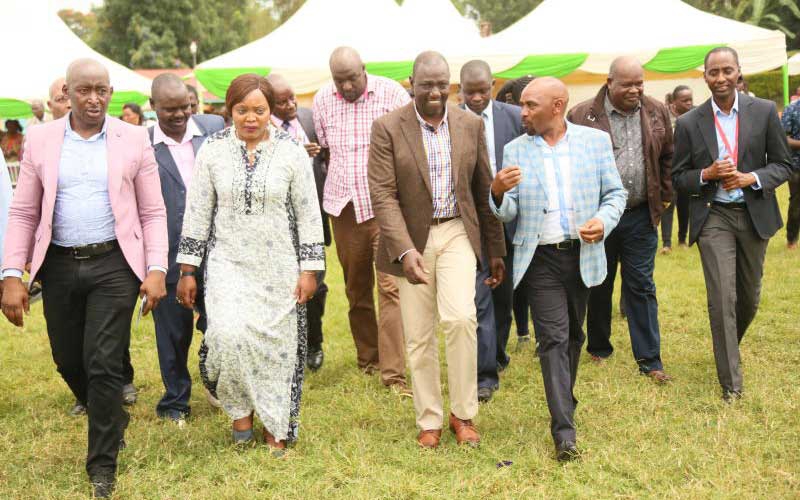×
The Standard e-Paper
Join Thousands Daily

There are many ways to identify a Kenyan. Besides using the word ‘otherwise’ to mean ‘talk to me’, Kenyans have perfected the art of laughing at their own pain. They create hashtags in a matter of seconds and give hilarious insights into otherwise depressing discourses. However, one of the most peculiar ways to identify a Kenyan is their tendency to do things the last minute.